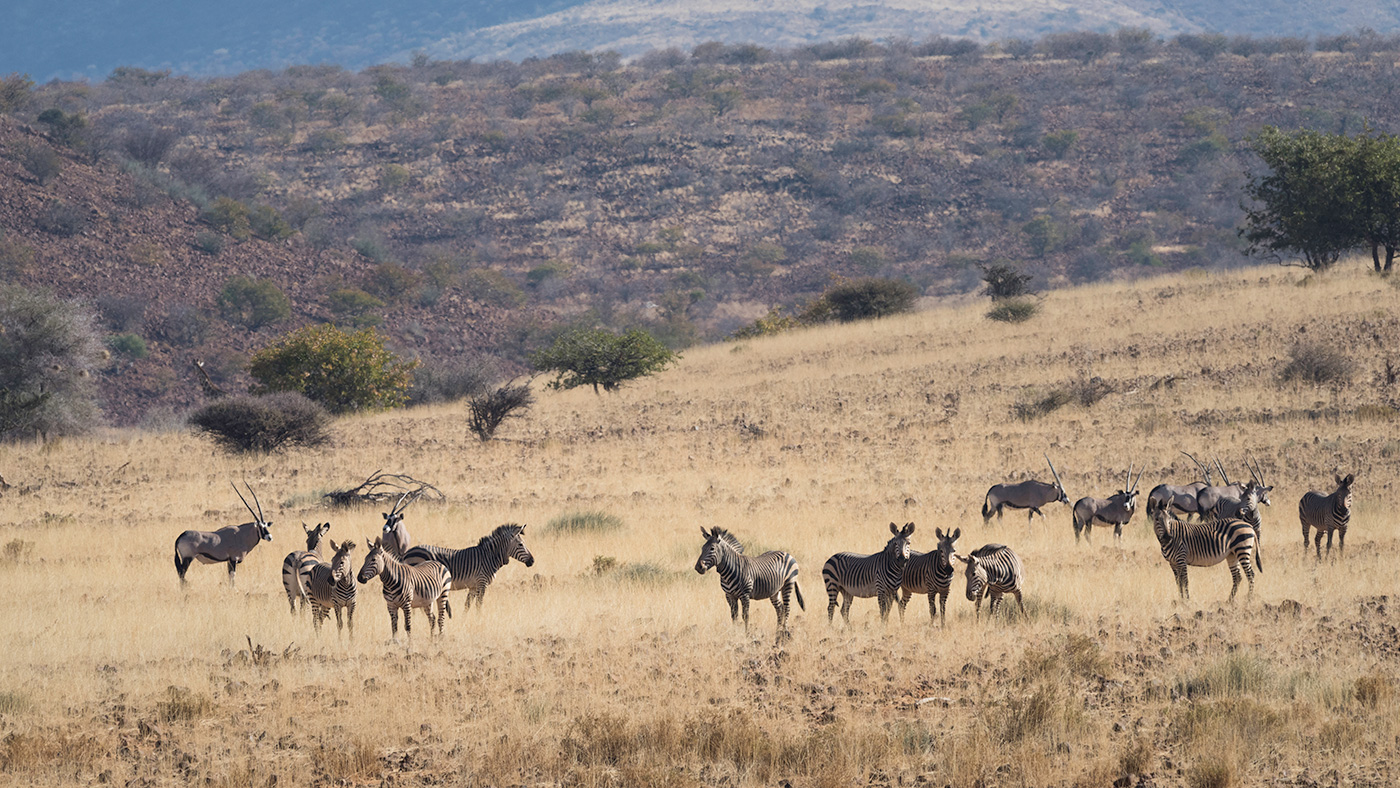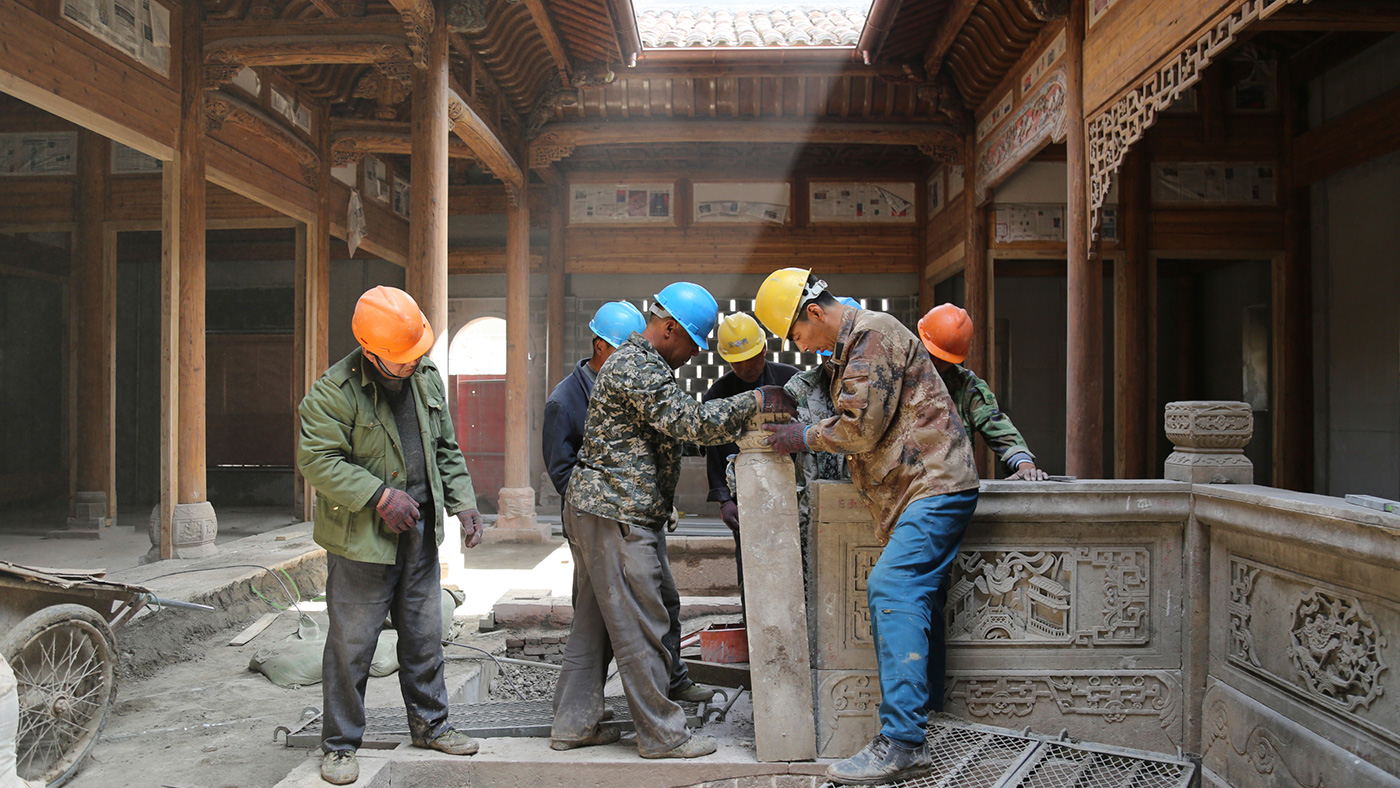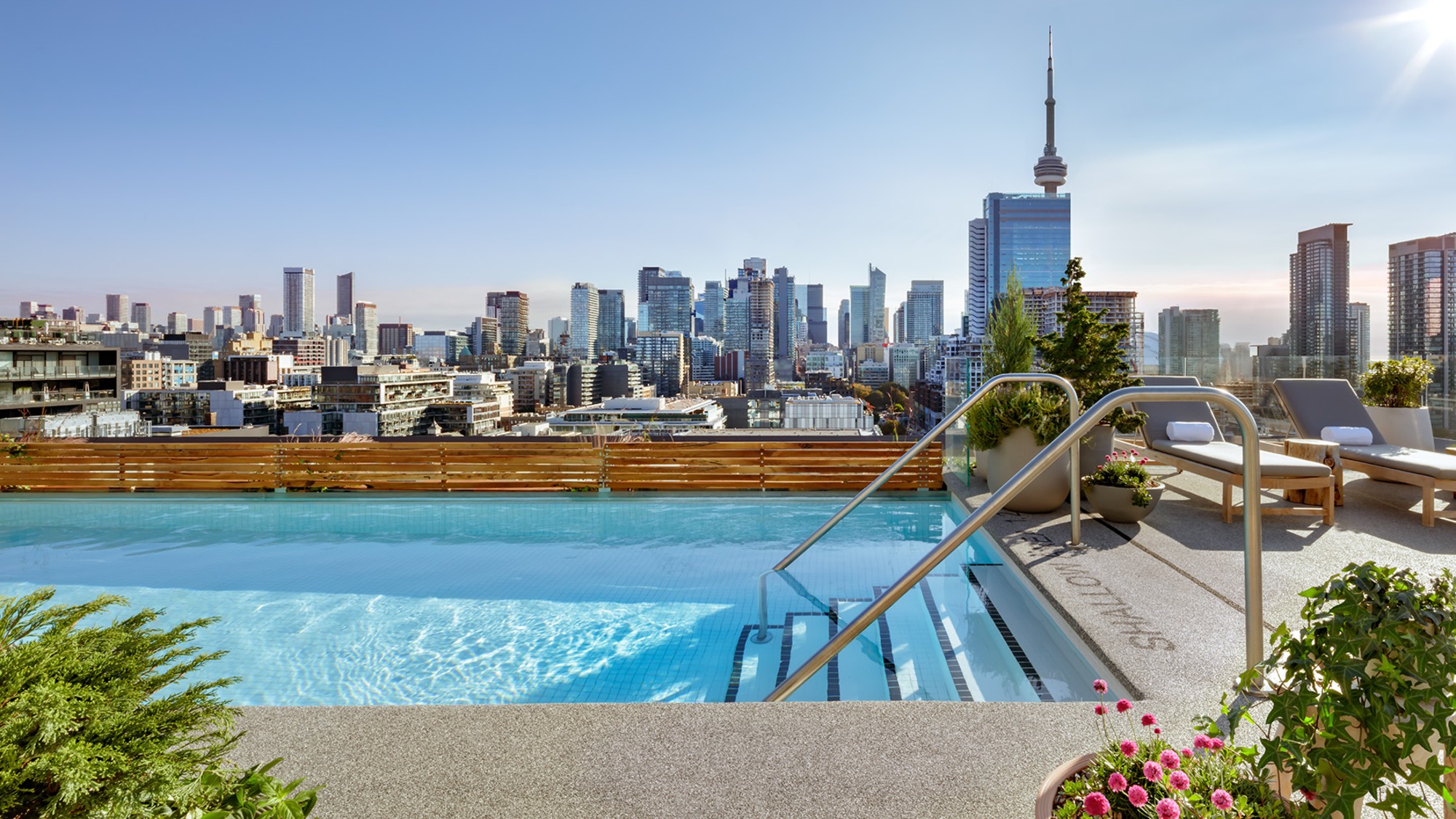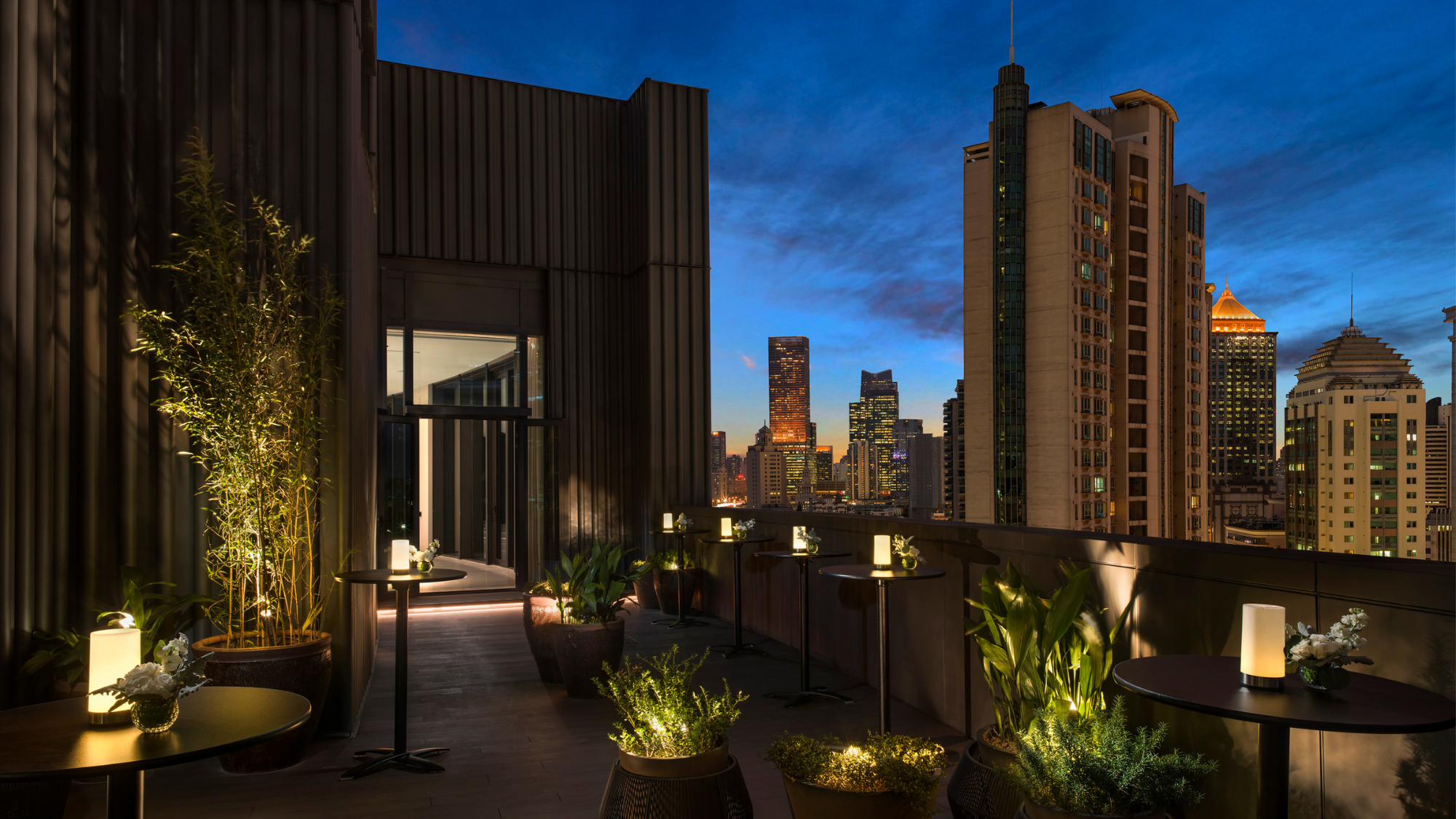Luxury travel: Sustained and sustainable
From cheetahs to Chinese heritage, why 2017 is about travelling responsibly
A free daily email with the biggest news stories of the day – and the best features from TheWeek.com
You are now subscribed
Your newsletter sign-up was successful



These days, responsible travel is practically a requirement. With the UN declaring 2017 as the International Year of Sustainable Tourism for Development, every last luxury hotel, resort, cruise line and tour operator is upping its ecological game.
There are three main tenets of sustainable travel, beginning with the utilisation of environmentally friendly practices. Increasingly, new resorts are "low impact": take new Indonesian private island Bawah, which opens this summer. The tented villas are being constructed without heavy machinery and the guest-count will not exceed 70 despite having 13 separate, sublime beaches. Then there's extravagant new villa Casa Xixim, Mexico, which is powered by a photovoltaic canopy, insulated by rooftop plants and bordering an artificial wetlands system able to catch water waste.

Cruising firms are similarly resolved. Royal Caribbean has committed to reducing its opulent ships' carbon emissions by using scrubbers to clean up exhaust systems. Long-term, the entire fleet will also serve seafood solely from eco-certified farms and avoid overfished species such as swordfish.
The Week
Escape your echo chamber. Get the facts behind the news, plus analysis from multiple perspectives.

Sign up for The Week's Free Newsletters
From our morning news briefing to a weekly Good News Newsletter, get the best of The Week delivered directly to your inbox.
From our morning news briefing to a weekly Good News Newsletter, get the best of The Week delivered directly to your inbox.
Another key strand of sustainability relates to protecting heritage. In the safari world, that means conservation. Plenty of animals are in danger: lion and elephant populations are plummeting, while big-cat charity Panthera recently stated that cheetahs are now endangered. Lovers of the world's fastest land animal can spend a week aiding cheetah-conservation charity Africat within a wider, 13-day Namibia safari with Steppes Travel, which offers a range of trips to redress the balance.
Cultural interaction is a growing focus for hotels. Just opened in the Maldives, local-owned Milaidhoo Island resort has the usual butlers, beaches and barefoot luxury, but also highlights the archipelago's traditions via bespoke experiences: cooking Maldivian recipes, joining fisherman or learning to build Dhoni boats.

Responsible tourism should also boost communities. The 1 Hotel brand promotes local materials and this February, it's opening its third New York City property by the Brooklyn Bridge, which will display native greenery and reclaimed walnut wood from the Brooklyn Botanic Garden. In Rwanda, Wilderness Safaris' forthcoming Bisate Lodge will sell only locally produced items in its gift shop, all while reforesting 66 acres of habitat for mountain gorillas.
But no forthcoming hotel scores more preservation points than the imminent Aman Shanghai. Scheduled to open in late 2017, it has seen 50 historic Ming and Qing dynasty dwellings – threatened by the construction of a reservoir – disassembled, relocated 500 miles across China and painstakingly restored, along with 10,000 camphor trees. The project has taken 11 years to date; corporate responsibility doesn't come much more impressive.
A free daily email with the biggest news stories of the day – and the best features from TheWeek.com
-
 Bad Bunny’s Super Bowl: A win for unity
Bad Bunny’s Super Bowl: A win for unityFeature The global superstar's halftime show was a celebration for everyone to enjoy
-
 Book reviews: ‘Bonfire of the Murdochs’ and ‘The Typewriter and the Guillotine’
Book reviews: ‘Bonfire of the Murdochs’ and ‘The Typewriter and the Guillotine’Feature New insights into the Murdoch family’s turmoil and a renowned journalist’s time in pre-World War II Paris
-
 Witkoff and Kushner tackle Ukraine, Iran in Geneva
Witkoff and Kushner tackle Ukraine, Iran in GenevaSpeed Read Steve Witkoff and Jared Kushner held negotiations aimed at securing a nuclear deal with Iran and an end to Russia’s war in Ukraine
-
 See the bright lights from these 7 big-city hotels
See the bright lights from these 7 big-city hotelsThe Week Recommends Immerse yourself in culture, history and nightlife
-
 Hotel-hopping in Shanghai
Hotel-hopping in ShanghaiThe Week Recommends From Michelin-starred restaurants to tranquil spas, these are the swankiest spots in the city
-
 Made in China: Design Shanghai set to thrill
Made in China: Design Shanghai set to thrillIn Depth The city prepares to host China's preeminent design event, offering new features and showcasing some of Asia's most creative visionaries